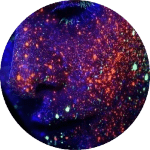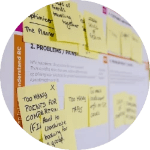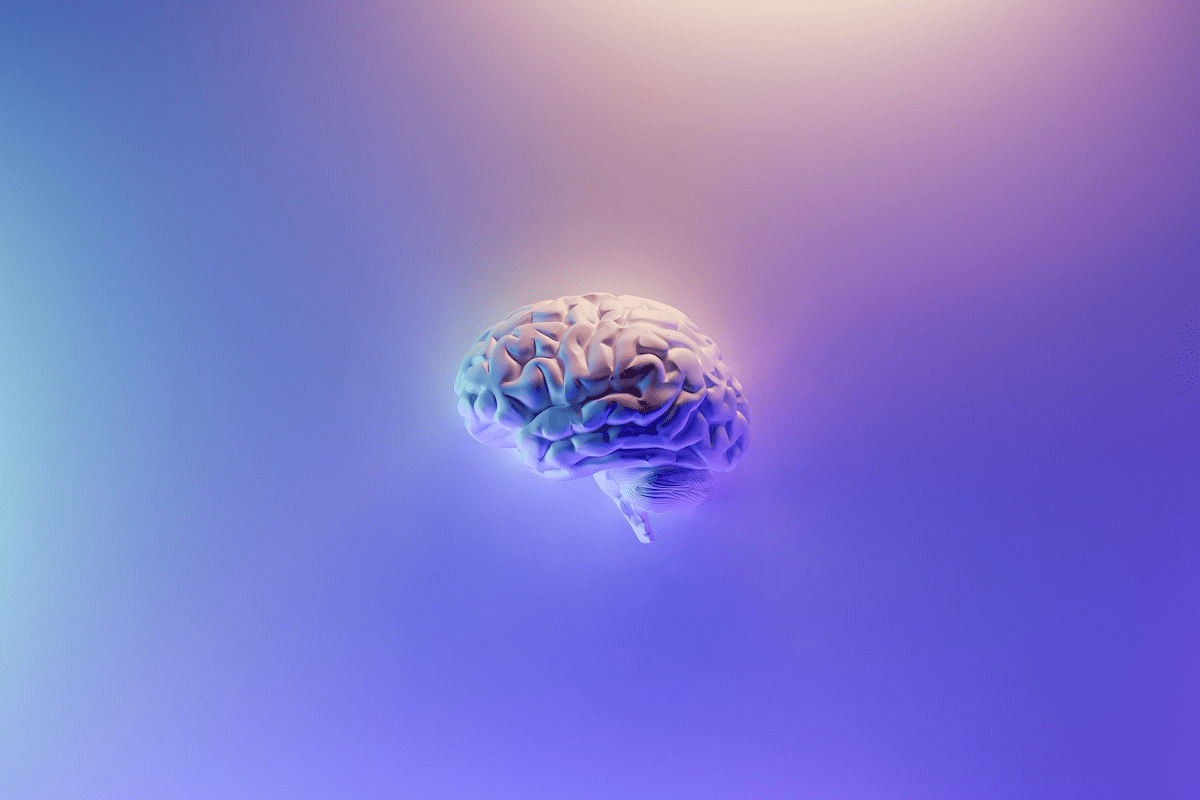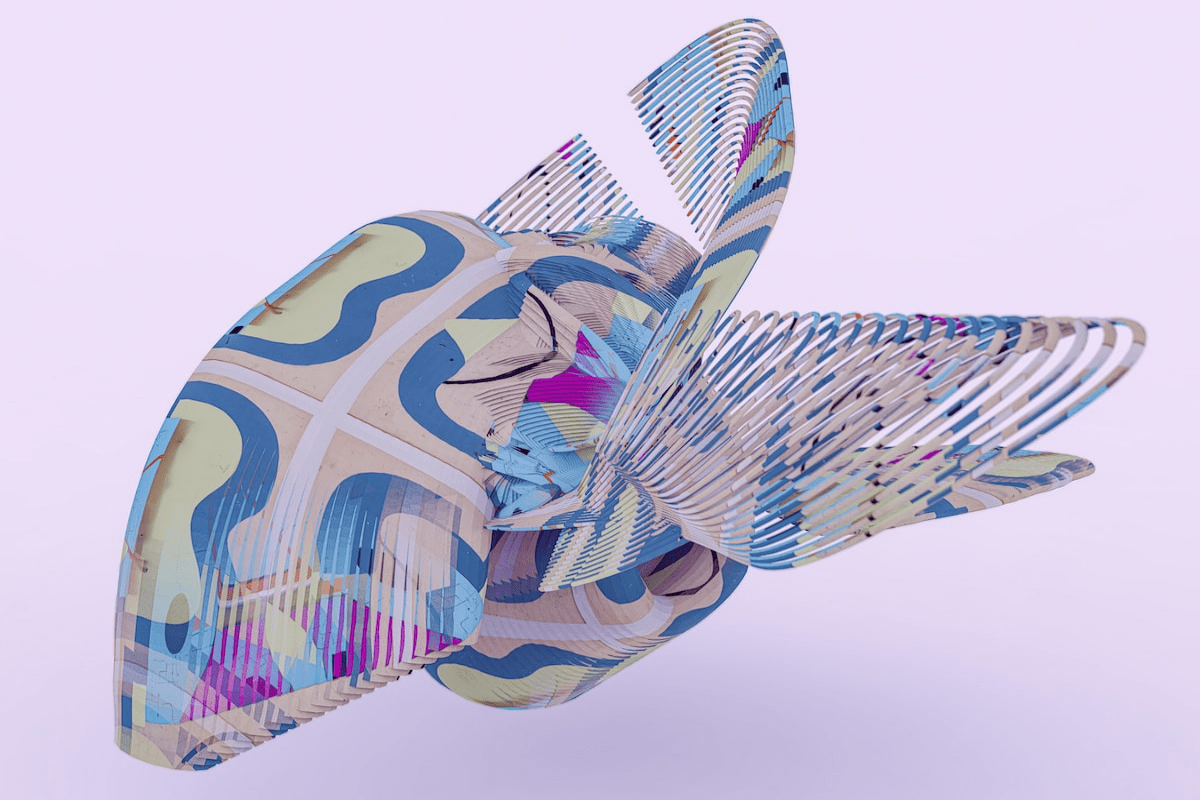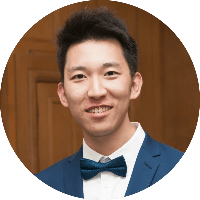

Humanities & Arts
Course Structure
Upon completing the foundation module, students will choose one of three tracks to delve deeper into the effects of AI and data science on society and innovation. The course includes group study, PBL method and a group project.

I. Foundation module
Students will choose the Machine Learning or Data Science module to build a foundation for subsequent studies.

II. Application Track
Students will choose from one of the subjects to start their PBL research journey.

III. Academic Literacy Module
A well-established research literacy programme will provide students with effective guidance at every key point.
Duration:
4 weeks
Contact Hours:
52 hours
Evaluation:
Quiz, Project Report, Group presentation
Outcomes:
Programme Certificate, Evaluation Report, Letter of Recommendation

Data Science & Society
Understand what diverse creativities and Data Science are, and consider how they will affect society in the years to come.

Doing & Thinking Differently
Become familiar with various ways of being, doing and thinking differently.
Data Science & Applications
Discuss applications of AI/Data Science where AI/Data Science techniques are applicable.
Choose One of the Three Tracks

Humanity, Arts & Digital Creativity
"Multiple Creativities" is a potential goal for Artificial Intelligence (AI) in creative fields such as music, architecture, fine arts and science. AI is changing the nature of the creative process, and some experts question how far AI should go in the process. The field of Computational Creativity and the theoretical perspective of post-humanism consider the potential of AI as a creative entity in its own right.

Digital Practice of Law
AI and machine learning can be applied to the law as they both rely on historical examples to infer rules for new situations. The legal services market is large and underdigitised, making it ripe for transformation by AI, which is already happening.

International Relations & Policies
AI poses a challenge for international and national policy making. It raises questions about data security and transnational data coordination and management. This is a new interdisciplinary research area with the goal of ensuring the best use of AI from an international relations and policy-making perspective in the future.

Allison L, USA
"One of my biggest takeaways is that project-based learning is an excellent method for learning! Before this program, I didn't know much about investment and finance, but PBL gave me a way to learn new things while getting help from my team. It was a fantastic learning experience."

Somi J, South Korea
"Participating in this programme not only gave me academic inspiration and knowledge, but also taught me a lot about how to study, think differently, and deliver presentations. These experiences have changed my perspective on projects and how to work on them. I believe that this knowledge, along with the academic knowledge I gained, will be very useful in my future studies or career."

Luke M, China
"I have three words to share: inspiring, interaction, and interchange. It was truly a student-centric experience.
There was a lot of collaboration with my small group during the course, and I formed deep friendships with other fellows during supervisions and social activities."
Learn more
Leave us a message
Name *Email *I'm... *Select an optionMy question is about... *Select an optionMessage *

CL Global Academy is an independent education organization. It is not affiliated to any universities.
Participant Handbook I Terms & Conditions I Complaints Policy
Copyright © CL Global and its affiliates. 2009-2023 All Rights Reserved.
Made ❤️ from the Earth, Hello Mars

